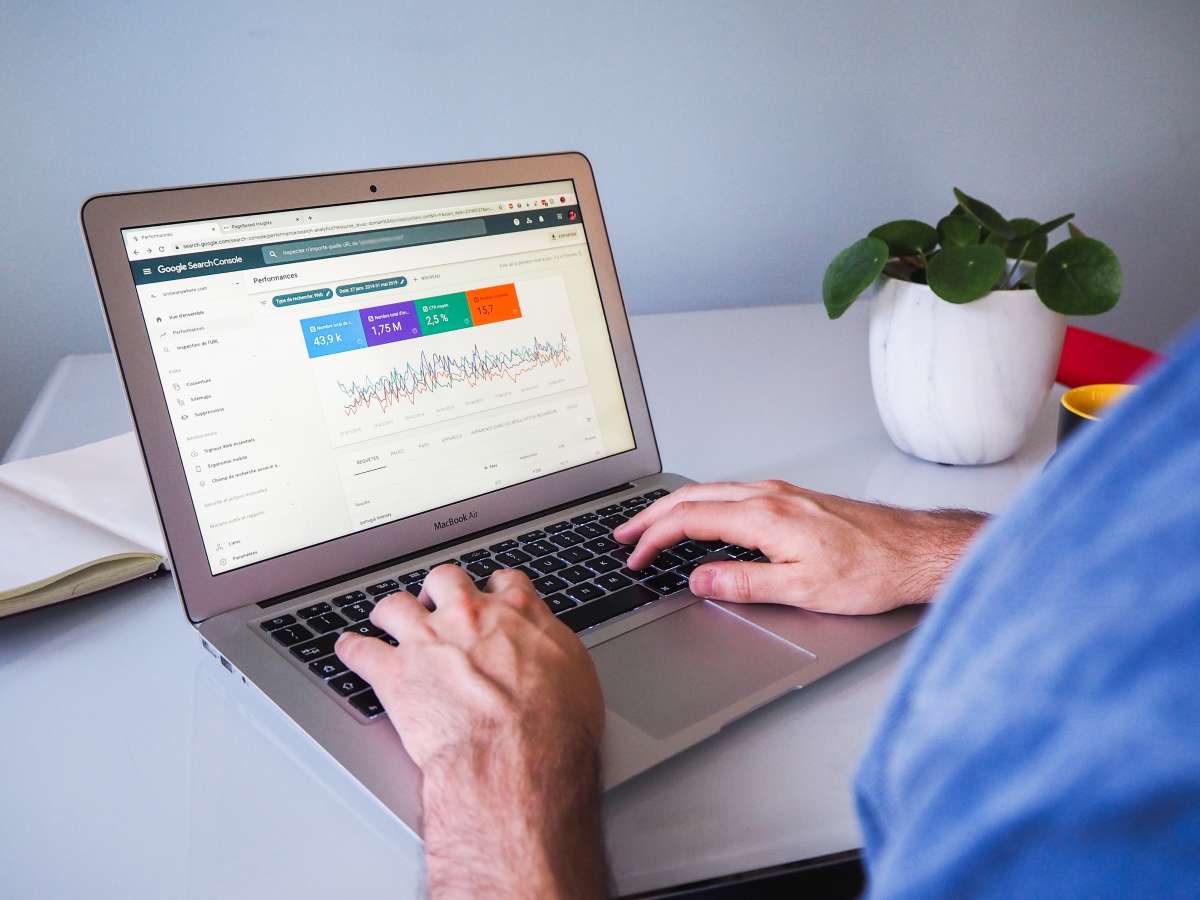The practice of gathering information from different aspects of a retail chain, such as planning, pricing, marketing and sales, is known as retail analytics. Data gathering is meant to improve business strategy by obtaining insights on the performance of top-selling products, customer behavior and marketing efficacy.
Retail analytics can provide information about customer experiences, advertising campaign performance, customer shopping patterns and best-selling products. Because of this, companies may make well-informed choices based on the performance of their merchants and the actions of their customers.
Table of Contents
Customer-Centric Insights
In the fiercely competitive retail landscape, understanding your customers is paramount. Retail analytics enables businesses to go beyond traditional demographic data and delve into customer behavior at a granular level. By analyzing purchasing patterns, browsing history and social media interactions, retailers can create detailed customer profiles. These insights empower retailers to tailor marketing strategies, personalize customer experiences and optimize product offerings to meet the specific needs of their target audience.
For instance, an online fashion retailer could use analytics to identify popular trends among its customers, enabling them to curate personalized recommendations and promotions. This not only enhances the shopping experience but also promotes customer engagement and satisfaction.
Inventory Optimization
One of the perennial challenges in retail is managing inventory effectively. Retail analytics plays a pivotal role in optimizing inventory levels by providing real-time visibility into levels of stock, sales trends and supply chain dynamics. This enables retailers to forecast demand accurately, preventing stockouts and minimize overstock situations.
Predictive analytics, a subset of retail analytics which utilizes historical data to forecast future demand. Algorithms and machine learning models enable retailers to anticipate fluctuations in demand, allowing managers to proactively manage inventory. This not only reduces carrying costs but also ensures that products are available when and where customers need them.
Operational Efficiency
The benefits of retail analytics extend beyond consumer-based insights and inventory management to streamline overall operational efficiency. By analyzing data related to supply chain management, employee productivity and store performance, retailers can identify areas for improvement and implement data-driven strategies.
For example, analytics can help retailers optimize staffing levels based on foot traffic patterns, reducing labor costs while ensuring that customers receive prompt and personalized assistance. Moreover, by analyzing the performance of marketing campaigns, retailers can allocate resources more effectively, focusing on initiatives that yield the highest return on investment.
Enhanced Customer Experiences
In the era of omnichannel retail, where customers expect a seamless experience across online and offline channels, analytics plays a pivotal role in delivering personalized and cohesive interactions. By integrating data from various touchpoints, retailers can create a unified view of the customer journey.
For instance, a customer who browses a product online and later visits a physical store can have a consistent experience, with the retailer leveraging analytics to provide personalized recommendations and promotions. This not only enhances customer satisfaction but also fosters brand loyalty by creating a cohesive and memorable brand experience.
The Road Ahead: Embracing Analytics for Future Success
As technology continues to advance and data becomes increasingly abundant, the role of retail analytics will only become more critical. Retailers that harness the power of analytics will not only survive in the competitive landscape but also thrive by staying ahead of market trends and customer expectations.
To fully unlock the potential of retail analytics, organizations must invest in advanced analytics tools, cultivate a data-driven culture and prioritize the ongoing training of their workforce. The future of retail belongs to those who can turn data into actionable insights, creating a win-win scenario for both businesses and customers.
Conclusion
It’s crucial for retailers, both large and small, to recognize the value that retail analytics brings to the table. Investing in the right tools and technologies, along with fostering a data-driven culture within the organization, will be pivotal in staying ahead of the curve. In essence, retail analytics is not just a trend but a fundamental shift in how the industry operates. It empowers retailers to move beyond traditional methods and embrace a future where every decision is backed by actionable insights derived from data.
Also Read: Using Technology To Enhance Organizational Knowledge Management

